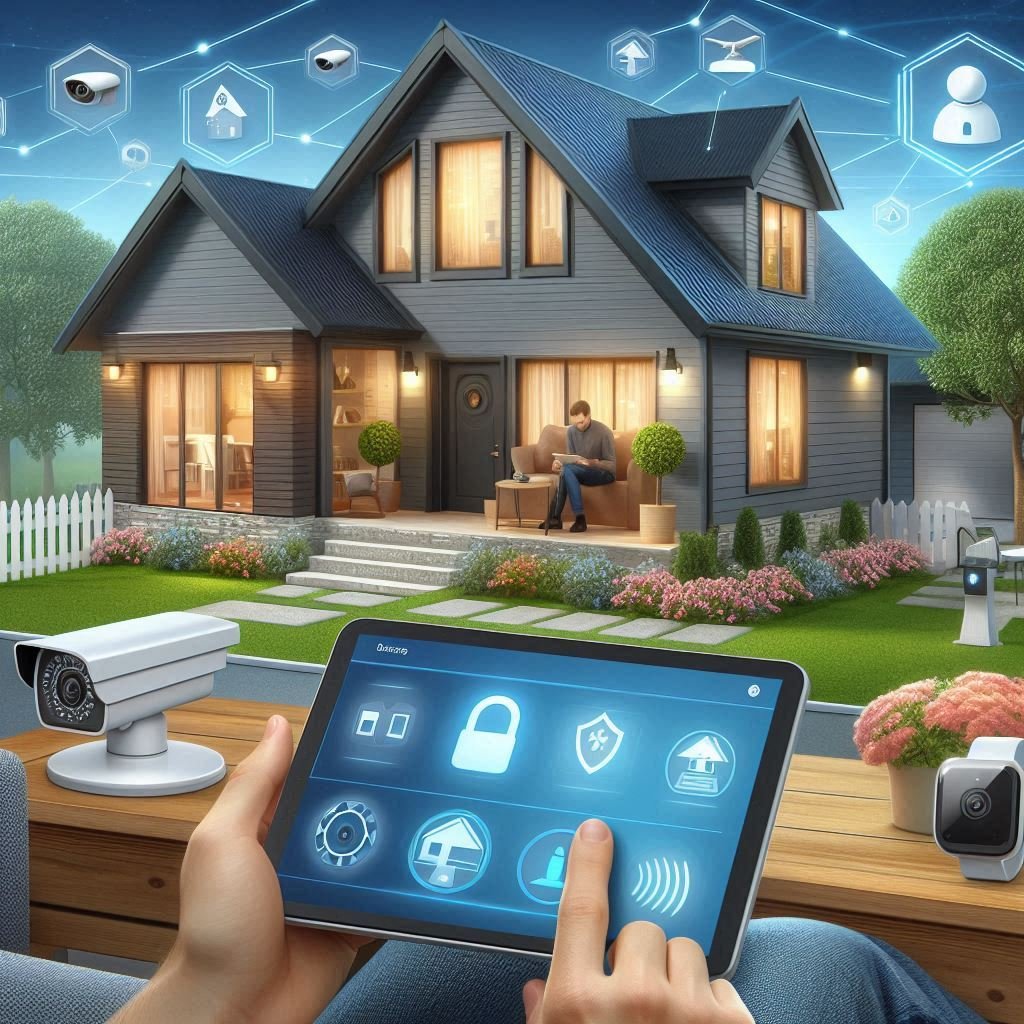
Are Your Smart Appliances Built to Last? Not Really
Smart appliances promise convenience, efficiency, and the ability to control your home from anywhere. But what happens when your high-tech refrigerator, oven, or washing machine stops receiving essential software updates? Unfortunately, many consumers are finding out that their expensive smart devices have a much shorter lifespan than expected.
According to a recent Consumer Reports study, many smart home products—such as connected refrigerators, dishwashers, and washing machines—may become obsolete within just a few years. The lack of ongoing software support means that even if the hardware still works, connectivity features and security protections may no longer be available.
- 【Up, Down, All Around】This Pan/Tilt IP camera see everything across an entire room or walkway with the 360° horizontal a…
- 【Motion Tracking】Kasa Smart Hidden Camera with Audio/Video can automatically track moving objects or people, providing r…
- 【Detection & Instant Notification】Get instant push notifications when motion or a person is detected, you can even enabl…
The Hidden Expiration Date of Smart Devices
Unlike traditional appliances that can last for decades, smart appliances depend on software updates to remain functional and secure. When manufacturers stop supporting these updates, users may experience:
- Loss of remote control functionality.
- Reduced security, making devices vulnerable to hackers.
- Features that stop working entirely.
- Difficulty integrating with newer smart home ecosystems.
Unfortunately, most brands do not clearly communicate how long a smart appliance will receive software updates, leaving consumers in the dark about the true lifespan of their devices.
Why Manufacturers Stop Supporting Smart Appliances
The Cost of Maintenance
Producing and maintaining software updates requires ongoing financial and technical resources. Many companies prioritize newer models, phasing out support for older ones to encourage upgrades. This approach benefits manufacturers but leaves customers with aging smart appliances that lose functionality over time.
Fast-Paced Technological Advancements
Technology evolves rapidly, and new smart home standards emerge every few years. Older appliances may not be compatible with updated systems, prompting manufacturers to shift their focus toward supporting innovative, next-generation products instead of older devices.
Planned Obsolescence
Some experts believe that planned obsolescence plays a role. By limiting software support, companies nudge consumers toward purchasing new models sooner than they would with traditional appliances. This cycle may drive sales but contributes to electronic waste and increased spending for consumers.
- Lässt sich in Schalttafel der meisten Häuser mit Klemmsensoren installieren. Unterstützt einphasige bis zu 240 VAC Line-…
- 24/7 Energieüberwachung: Überwachen Sie die echte Leistung Ihres Hauses überall und jederzeit, um kostspielige Reparatur…
- Anwendungsüberwachung ohne Rätselraten: Kommt mit bis zu 16 (16) 50 A Sensoren zur genauen Überwachung Ihrer Klimaanlage…
How to Protect Your Investment in Smart Appliances
Do Your Research Before Buying
Before investing in any smart home appliance, check the manufacturer’s policy on software updates. Some companies, such as Google and Apple, offer clear support timelines for their smart devices. Look for appliances with long-term update commitments or those with offline functionality in case cloud support is discontinued.
Opt for Open-Source or Modular Solutions
Some smart home ecosystems allow for open-source contributions, meaning the community can maintain software even if the official company discontinues support. Additionally, modular smart devices enable you to upgrade certain components instead of replacing the entire appliance.
Use Local Controls When Possible
Whenever possible, purchase smart appliances that offer local control options rather than being entirely cloud-reliant. Devices that function via Wi-Fi or Bluetooth without needing an external server are less likely to become obsolete overnight.
Final Thoughts and Next Steps
Smart appliances bring impressive convenience, but it’s essential to consider their digital expiration date before making a purchase. As manufacturers continue to improve software longevity, consumers should stay informed and choose brands that prioritize long-term support.
Are you building your smart home and want to make informed decisions? Explore our other Smart Home Guides to find the most future-proof and reliable smart devices for your home.

